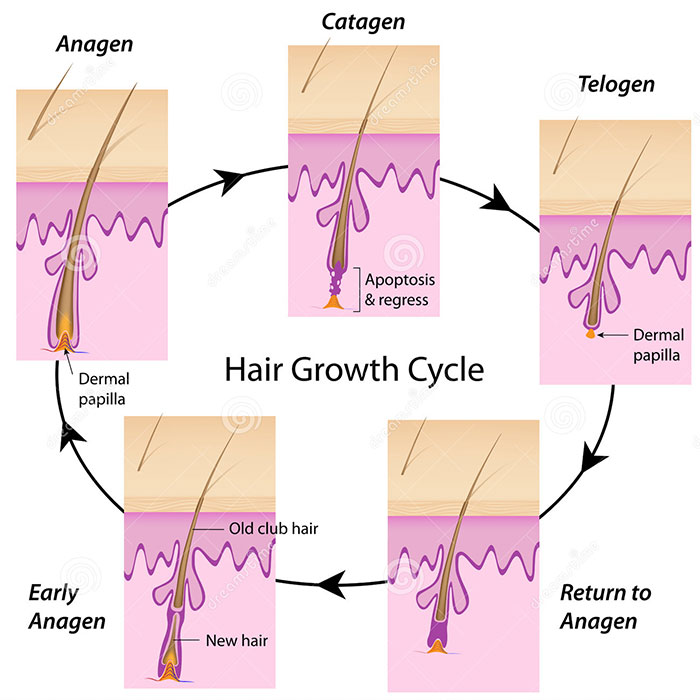- Home
- Medical news & Guidelines
- Anesthesiology
- Cardiology and CTVS
- Critical Care
- Dentistry
- Dermatology
- Diabetes and Endocrinology
- ENT
- Gastroenterology
- Medicine
- Nephrology
- Neurology
- Obstretics-Gynaecology
- Oncology
- Ophthalmology
- Orthopaedics
- Pediatrics-Neonatology
- Psychiatry
- Pulmonology
- Radiology
- Surgery
- Urology
- Laboratory Medicine
- Diet
- Nursing
- Paramedical
- Physiotherapy
- Health news
- Fact Check
- Bone Health Fact Check
- Brain Health Fact Check
- Cancer Related Fact Check
- Child Care Fact Check
- Dental and oral health fact check
- Diabetes and metabolic health fact check
- Diet and Nutrition Fact Check
- Eye and ENT Care Fact Check
- Fitness fact check
- Gut health fact check
- Heart health fact check
- Kidney health fact check
- Medical education fact check
- Men's health fact check
- Respiratory fact check
- Skin and hair care fact check
- Vaccine and Immunization fact check
- Women's health fact check
- AYUSH
- State News
- Andaman and Nicobar Islands
- Andhra Pradesh
- Arunachal Pradesh
- Assam
- Bihar
- Chandigarh
- Chattisgarh
- Dadra and Nagar Haveli
- Daman and Diu
- Delhi
- Goa
- Gujarat
- Haryana
- Himachal Pradesh
- Jammu & Kashmir
- Jharkhand
- Karnataka
- Kerala
- Ladakh
- Lakshadweep
- Madhya Pradesh
- Maharashtra
- Manipur
- Meghalaya
- Mizoram
- Nagaland
- Odisha
- Puducherry
- Punjab
- Rajasthan
- Sikkim
- Tamil Nadu
- Telangana
- Tripura
- Uttar Pradesh
- Uttrakhand
- West Bengal
- Medical Education
- Industry
FDA-approved drugs promise new hair growth

New York: There is good news for people suffering from hair loss. In experiments with mouse and human hair follicles, researchers have found that certain existing drugs promote rapid and robust hair growth when directly applied to the skin.
The study raises the possibility that drugs that inhibit the Janus kinase (JAK) family of enzymes could be used to restore hair growth in multiple forms of hair loss such as that induced by male pattern baldness.
"What we have found is promising, though we have not yet shown it is effective for male pattern baldness," said one of the researchers Angela Christiano from Columbia University Medical Centre in the US.
Two JAK inhibitors have been approved by the US Food and Drug Administration (FDA). One is approved for treatment of blood diseases (ruxolitinib) and the other for rheumatoid arthritis (tofacitinib), the study pointed out.
When the researchers looked at normal mouse hair follicles, they found that JAK inhibitors rapidly awakened resting follicles out of dormancy.
Hair follicles do not produce hair constantly but rather by cycling between resting and growing phases.
JAK inhibitors trigger the follicles' normal reawakening process, the researchers found.
Mice treated for five days with one of two JAK inhibitors sprouted new hair within 10 days, greatly accelerating the hair follicle growth phase.
No hair grew on untreated control mice in the same time period.
The drugs also produce longer hair from human hair follicles grown in culture and on skin grafted onto mice.
"More work needs to be done to test if JAK inhibitors can induce hair growth in humans using formulations specially made for the scalp," Christiano said.
Both the drugs are being tested in clinical trials for the treatment of plaque psoriasis and alopecia areata, an autoimmune disease that causes hair loss, the study said.
The research was published online in the journal Science Advances.
The study raises the possibility that drugs that inhibit the Janus kinase (JAK) family of enzymes could be used to restore hair growth in multiple forms of hair loss such as that induced by male pattern baldness.
"What we have found is promising, though we have not yet shown it is effective for male pattern baldness," said one of the researchers Angela Christiano from Columbia University Medical Centre in the US.
Two JAK inhibitors have been approved by the US Food and Drug Administration (FDA). One is approved for treatment of blood diseases (ruxolitinib) and the other for rheumatoid arthritis (tofacitinib), the study pointed out.
When the researchers looked at normal mouse hair follicles, they found that JAK inhibitors rapidly awakened resting follicles out of dormancy.
Hair follicles do not produce hair constantly but rather by cycling between resting and growing phases.
JAK inhibitors trigger the follicles' normal reawakening process, the researchers found.
Mice treated for five days with one of two JAK inhibitors sprouted new hair within 10 days, greatly accelerating the hair follicle growth phase.
No hair grew on untreated control mice in the same time period.
The drugs also produce longer hair from human hair follicles grown in culture and on skin grafted onto mice.
"More work needs to be done to test if JAK inhibitors can induce hair growth in humans using formulations specially made for the scalp," Christiano said.
Both the drugs are being tested in clinical trials for the treatment of plaque psoriasis and alopecia areata, an autoimmune disease that causes hair loss, the study said.
The research was published online in the journal Science Advances.
Meghna A Singhania is the founder and Editor-in-Chief at Medical Dialogues. An Economics graduate from Delhi University and a post graduate from London School of Economics and Political Science, her key research interest lies in health economics, and policy making in health and medical sector in the country. She is a member of the Association of Healthcare Journalists. She can be contacted at meghna@medicaldialogues.in. Contact no. 011-43720751
Next Story


